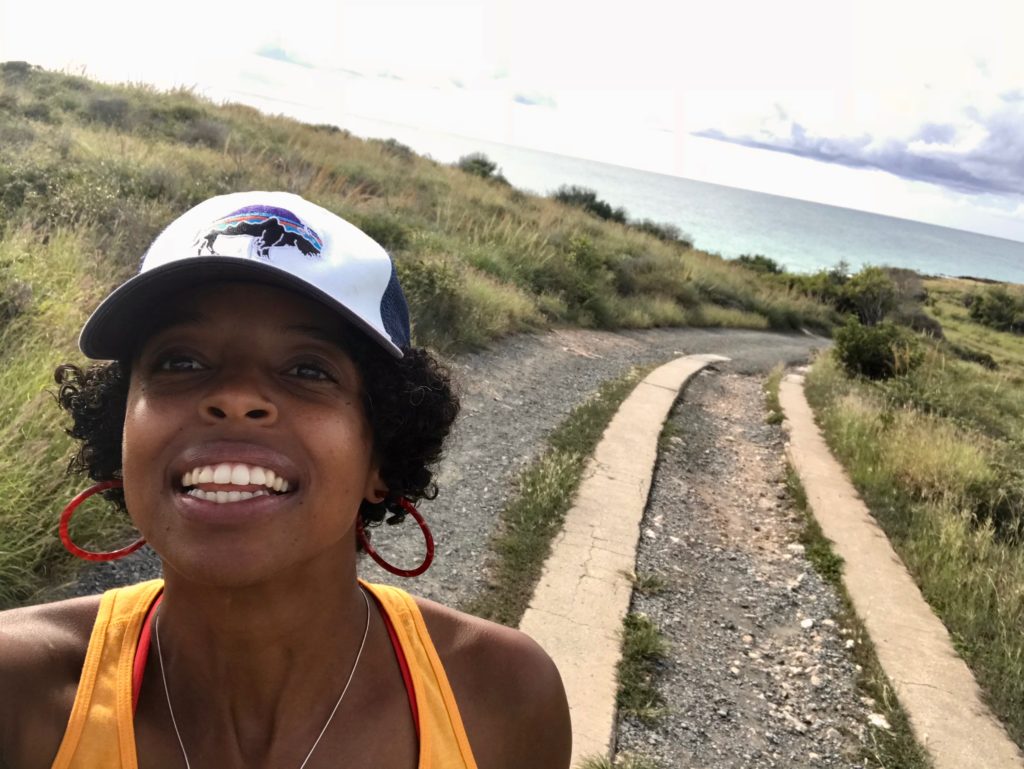
Sekita Grant, a lawyer who focuses on climate change and social justice issues, has been named the first Florida Sea Grant Conservation Clinic Legal Fellow.
The Florida Sea Grant Conservation Clinic Fellowship brings added legal capacity to the UF Law Conservation Clinic’s portfolio of marine and coastal law projects serving Florida communities and stakeholders. The fellowship allows recent graduates and early career lawyers to gain valuable experience in marine and coastal law and legal education.
During her fellowship, Grant will help the Conservation Clinic develop programming in the area of social vulnerability to climate change, a growing body of research — and for good reason.
According to a 2017 article in the journal Climate Science, “Women, communities of color, and members of other socioeconomically disadvantaged groups are substantially more vulnerable to negative impacts of climate change than members of advantaged groups.”
Tom Ankersen, Florida Sea Grant’s legal specialist and director of the Conservation Clinic, said he hopes Grant can help build Florida’s capacity to address these challenges.
“Our initial research suggests that Florida’s local governments have been adopting methodologies for vulnerability assessments leading to adaptation planning for infrastructure and natural resources. However, addressing the vulnerability of economically marginalized communities and communities of color has been less robust,” Ankersen said.
“These groups face special adaptation challenges, and Sekita Grant will play a big role in expanding our capacity in this area.”
Specifically, Grant will be working with Ankersen to research and produce a whitepaper on policy frameworks to address social vulnerability in Florida’s coastal communities, identify at-risk communities, and conduct outreach in selected communities to better understand both the issues they face and appropriate policies to address those issues.
Grant said she first became interested in environmental policy while volunteering with the Surfrider Foundation in California.
“It was through the grassroots organizing that we did to protect the Southern California coastline that I was able to make the connection between my legal training and my passion for environmental stewardship,” Grant said.
Grant earned her law degree from the University of Southern California Law School in 2008 and her master’s degree in environmental and land use law from the UF Levin College of Law in 2011. Since then, she has worked for the California Energy Commission, the Business for Social Responsibility, the Greenlining Institute, and the Emerson Collective, where she remains a part-time fellow creating policy strategies for environmentally-burdened communities.
“I see policymaking as an opportunity to use both my legal training and my imagination to help shape and, in some ways, reimagine how we as humans interact with nature and amongst ourselves,” Grant said.
“Environmental justice policymaking is at the intersect of multiple disciplines – from law, to civil and human rights, to conservation biology, to social justice, to history, to communications, and everything in between. It is nothing short of an honor to come back to Florida to work on research that I am passionate about.”



